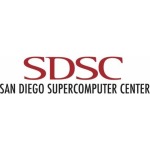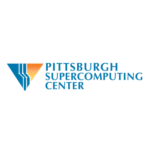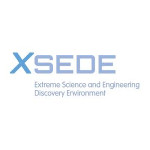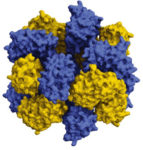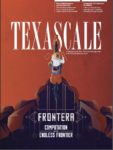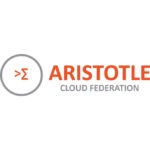In this Intel Chip Chat podcast, Dan Stanzione from TACC discusses the architecture and capabilities of Frontera, TACC’s newest HPC cluster. “Frontera’s architecture includes 8,000 servers, each powered by 2nd Generation Intel Xeon Scalable processors. The cluster includes hundreds of thousands of processing cores and a liquid-cooled infrastructure enabling a higher clock rate for even more performance.”
TACC Unveils Frontera – Fastest Supercomputer in Academia
Today TACC unveiled Frontera, the 5th most powerful supercomputer in the world. “Frontera has been supporting science applications since June and has already enabled more than three dozen teams to conduct research on a range of topics from black hole physics to climate modeling to drug design, employing simulation, data analysis, and artificial intelligence at a scale not previously possible.”
Frontera: The Next Generation NSF HPC Resource, and Why HPC Still isn’t the Cloud
Dan Stanzione from TACC gave this talk at the MVAPICH User Group. “In this talk, I will describe the main components of the award: the Phase 1 system, “Frontera”, the plans for facility operations and scientific support for the next five years, and the plans to design a Phase 2 system in the mid-2020s to be the NSF Leadership system for the latter half of the decade, with capabilities 10x beyond Frontera. The talk will also discuss the key role MVAPICH and Infiniband play in the project, and why the workload for HPC still can’t fit effectively on the cloud without advanced networking support.”
SDSC Awarded NSF Grant for Triton Stratus
The National Science Foundation has awarded SDSC a two-year grant worth almost $400,000 to deploy a new system called Triton Stratus. “Triton Stratus will provide researchers with improved facilities for utilizing emerging computing paradigms and tools, namely interactive and portal-based computing, and scaling them to commercial cloud computing resources. Researchers, especially data scientists, are increasingly using toolssuch as Jupyter notebooks and RStudio to implement computational and data analysis functions and workflows.”
HPE to Build Bridges-2 Supercomputer at PSC
NSF is funding $10 Million for a new supercomputer at the Pittsburgh Supercomputing Center (PSC), a joint research center of Carnegie Mellon University and the University of Pittsburgh. We designed Bridges-2 to drive discoveries that will come from the rapid evolution of research, which increasingly needs new, scalable ways for combining large, complex data with high-performance simulation and modeling.”
Seeking Nominations for the XSEDE Advisory Board
XSEDE seeks nominations for individuals to serve on the XSEDE Advisory Board (XAB). “The XAB aims to ensure that XSEDE is designed to impact a broad range of disciplines, enable both research and education, have broader impacts to society, and have a user community that is diverse (gender, ethnic background, etc.). All members of the community are eligible to serve on the XAB. Individuals can nominate themselves or nominate another person as a potential XAB member.”
Podcast: Supercomputing Synthetic Biomolecules
Researchers are using HPC to design potentially life-saving proteins. In this TACC podcast, host Jorge Salazar discusses this groundbreaking work with the science team. “The scientists say their methods could be applied to useful technologies such as pharmaceutical targeting, artificial energy harvesting, ‘smart’ sensing and building materials, and more.”
E-CAS Project to Explore Clouds for Acceleration of Science
Can the Cloud power ground-breaking research? A new NSF-funded research project aims to provide a deeper understanding of the use of cloud computing in accelerating scientific discoveries. “First announced in 2018, the Exploring Clouds for Acceleration of Science (E-CAS) project has now selected the six research proposals to explore how scientific workflows can leverage advancements in real-time analytics, artificial intelligence, machine learning, accelerated processing hardware, automation in deployment and scaling, and management of serverless applications for a wider range of science.”
New Texascale Magazine from TACC looks at HPC for the Endless Frontier
This feature story describes how the computational power of Frontera will be a game changer for research. Late last year, the Texas Advanced Computing Center announced plans to deploy Frontera, the world’s fastest supercomputer in academia. To prepare for launch, TACC just published the inaugural edition of Texascale, an annual magazine with stories that highlight the people, science, systems, and programs that make TACC one of the leading academic computing centers in the world.
XSEDE teams with Aristotle Cloud Federation to implement clouds on U.S. campuses
Two NSF-funded projects have joined forces to help university systems administrators implement cloud computing systems on their campuses. “Combining the consulting strengths of the XSEDE Cyberinfrastructure Resource Integration (CRI) group with Aristotle Cloud Federation project expertise in OpenStack cloud implementation is a win-win for U.S. campus cyberinfrastructure administrators interested in adding clouds to their campus research resources,” said John Towns, principal investigator and project director for XSEDE.”



